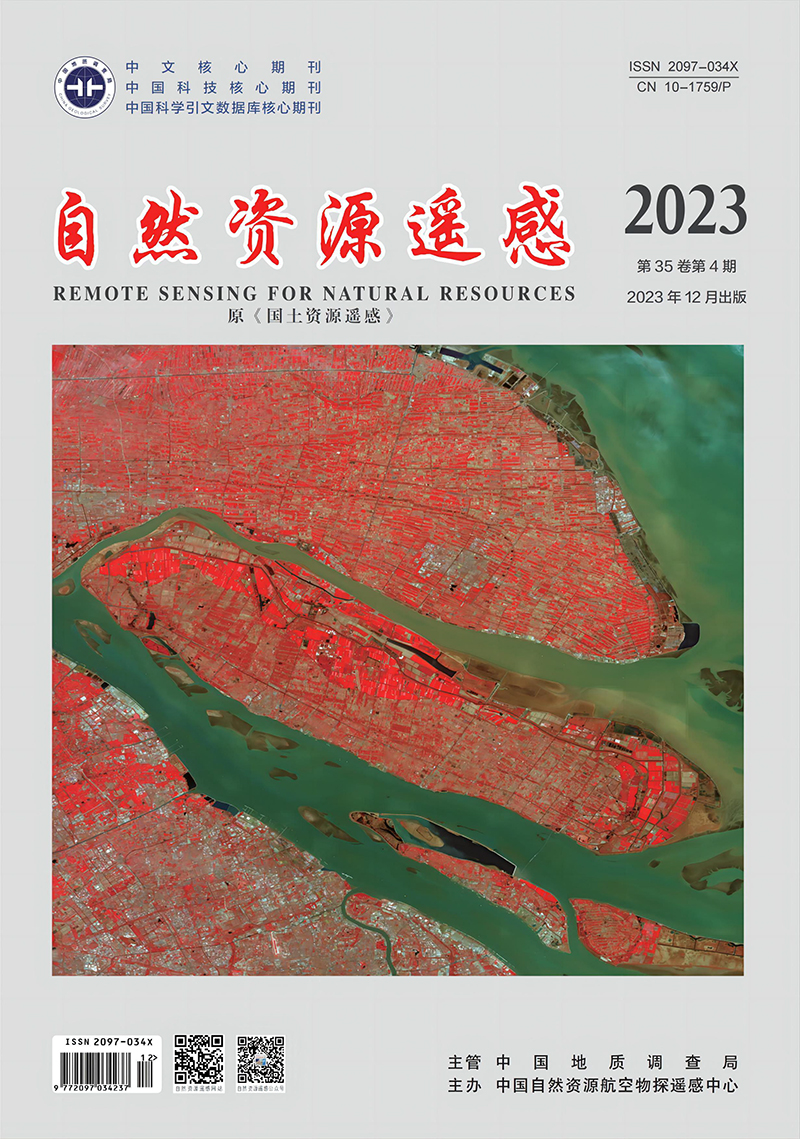WANG Zihao, LI Yikun, LI Xiaojun, YANG Shuwen. 2023. Noise-resistant change detection for remote sensing images based on spatial fuzzy C-means clustering and a Bayesian network. Remote Sensing for Natural Resources, 35(4): 96-104. doi: 10.6046/zrzyyg.2022260
| Citation: |
WANG Zihao, LI Yikun, LI Xiaojun, YANG Shuwen. 2023. Noise-resistant change detection for remote sensing images based on spatial fuzzy C-means clustering and a Bayesian network. Remote Sensing for Natural Resources, 35(4): 96-104. doi: 10.6046/zrzyyg.2022260
|
Noise-resistant change detection for remote sensing images based on spatial fuzzy C-means clustering and a Bayesian network
-
WANG Zihao1,
-
LI Yikun 1,2,3, ,
-
LI Xiaojun 1,2,3,
-
YANG Shuwen1,2,3
-
1. Faculty of Geomatics, Lanzhou Jiaotong University, Lanzhou 730070, China
-
;2. National-Local Joint Engineering Research Center of Technologies and Applications for National Geographic State Monitoring, Lanzhou 730070, China
-
;3. Gansu Provincial Engineering Laboratory for National Geographic State Monitoring, Lanzhou 730070, China
More Information
-
Corresponding author:
LI Yikun
-
Abstract
Currently, most change detection algorithms for remote sensing images fail to effectively process images polluted by Gaussian, impulse, or mixed noise. To address this problem, this study presented five fuzzy C-means (FCM) clustering algorithms (FCM_S1, FCM_S2, KFCM_S1, KFCM_S2, and FLICM) based on neighborhood space information. These algorithms, which can efficiently decompose mixed pixels in the presence of noise pollution, were combined with a simple Bayesian network (SBN). Under the framework of change vector analysis in posterior probability space (CVAPS), this study developed five change detection methods for remote sensing images, exhibiting high resistance to Gaussian, impulse, and mixed noise. Comparative experiments demonstrate that the change detection algorithms proposed in this study manifest high robustness against the above-mentioned noise.
-

-
-
Access History







 DownLoad:
DownLoad: